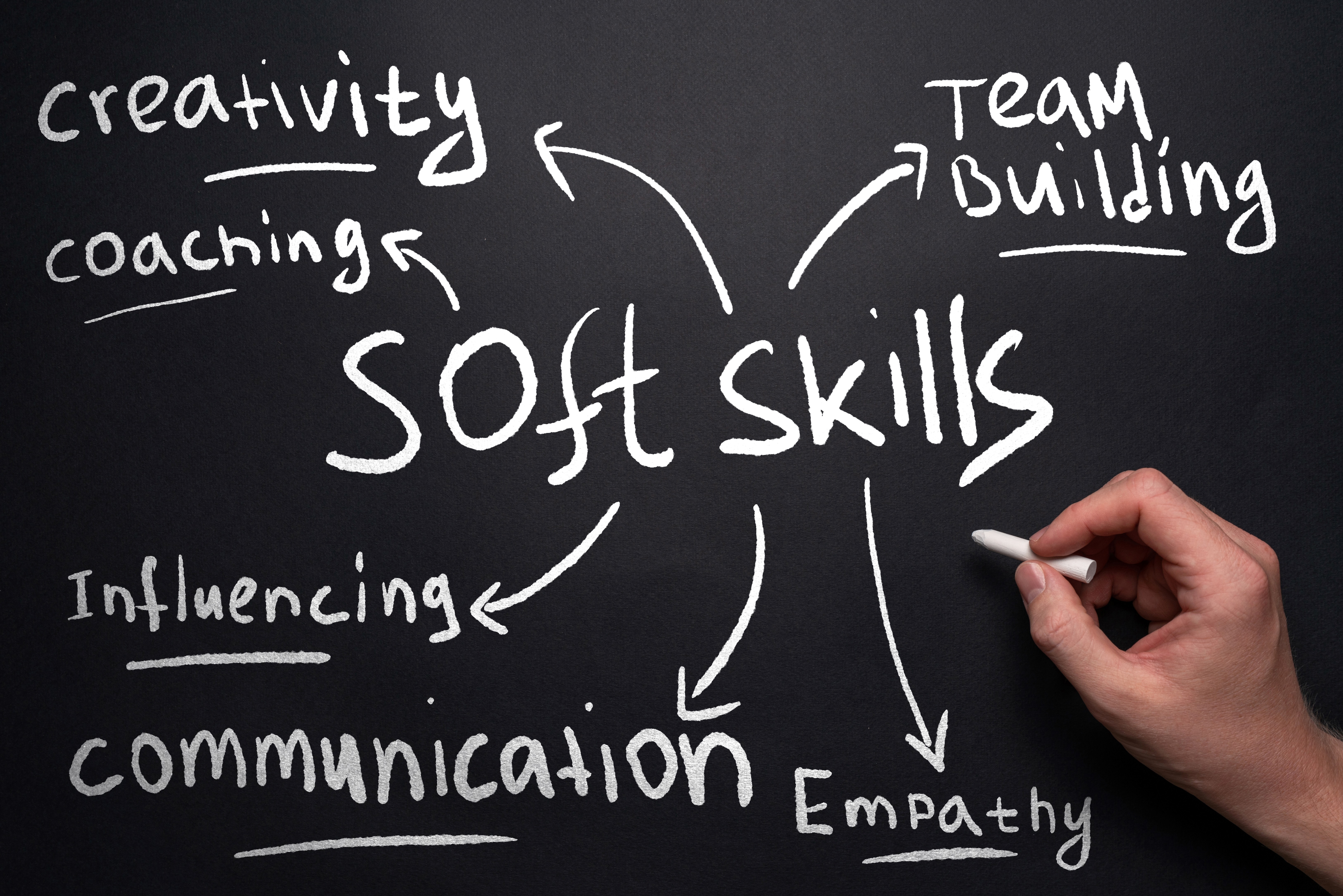In today’s competitive job market, having a strong resume and impressive technical skills is crucial, but it’s often the intangible qualities known as soft skills that can set you apart and lead you to career success. Soft skills encompass a wide range of interpersonal, communication, and personal attributes that enable individuals to work effectively with others, adapt to changing environments, and thrive in their professional roles.
In this article, we’ll explore the importance of soft skills in your resume, how to showcase them during interviews, and their impact on your overall performance in the workplace.
The Foundation of a Strong Resume
Your resume serves as your first impression to potential employers, and while a list of qualifications and technical skills is essential, it’s the inclusion of soft skills that can make your application truly stand out. According to a survey conducted by the National Association of Colleges and Employers (NACE), 80% of employers prioritize soft skills when evaluating candidates. This statistic underscores the significance of highlighting these skills on your resume.
To incorporate soft skills effectively, consider including specific examples in your work experience section. For instance, mention how your strong leadership skills enabled you to successfully manage a cross-functional team, or how your excellent communication skills facilitated collaboration with diverse stakeholders. Including such instances not only demonstrates your abilities but also provides tangible evidence of your soft skills in action.
Navigating the Interview Process
The interview stage is where soft skills truly come to the forefront. Beyond evaluating your qualifications, interviewers are keen to assess your interpersonal abilities, emotional intelligence, and how well you fit within their organizational culture. To ace your interviews, here are some soft skills to focus on:
- Communication: Effective verbal and non-verbal communication skills are vital. Maintain eye contact, listen actively, and articulate your thoughts clearly and concisely. In fact, 93% of employers prioritize strong communication skills, according to a survey by LinkedIn.
- Adaptability: In today’s rapidly changing work environment, adaptability is highly valued. Showcase your ability to handle change and learn quickly from new experiences.
- Problem-solving: Highlight your problem-solving skills by discussing how you’ve overcome challenges in your previous roles. Employers want to see that you can think critically and find creative solutions.
- Teamwork: Provide examples of successful collaborations and your role within those teams. Employers are looking for candidates who can work harmoniously with colleagues.
- Leadership: Even if you’re not applying for a managerial role, demonstrating leadership qualities, such as taking initiative or mentoring junior team members, can make a significant impression.
Thriving in Your Role
Once you’ve secured a job, your soft skills continue to play a pivotal role in your career progression and overall job satisfaction. Research conducted by Harvard University’s Division of Continuing Education found that 85% of job success comes from well-developed soft skills, while only 15% comes from technical skills and knowledge.
In your day-to-day work, your soft skills can impact your ability to collaborate effectively, lead projects, resolve conflicts, and provide exceptional customer service. They also influence your relationships with supervisors, colleagues, and clients, which can, in turn, lead to professional growth opportunities and job satisfaction.
To display your soft skills in your role:
- Seek feedback: Actively solicit feedback from colleagues and supervisors to identify areas for improvement and continuously refine your soft skills.
- Mentorship and coaching: Offer to mentor or coach colleagues to demonstrate your leadership and interpersonal skills while helping others develop their own.
- Conflict resolution: Use your communication and empathy skills to navigate conflicts constructively and contribute to a harmonious work environment.
- Networking: Build and nurture professional relationships both inside and outside your organization. Your networking efforts can showcase your ability to connect with others and potentially lead to new opportunities.
In conclusion, while technical skills are undoubtedly essential, it’s your soft skills that can make or break your career. By emphasizing these skills on your resume, showcasing them during interviews, and continuously developing and displaying them in your role, you’ll not only increase your chances of landing your dream job but also thrive in your career over the long term. So, remember to nurture and prioritize your soft skills—they’re the key to unlocking success in your professional journey.
